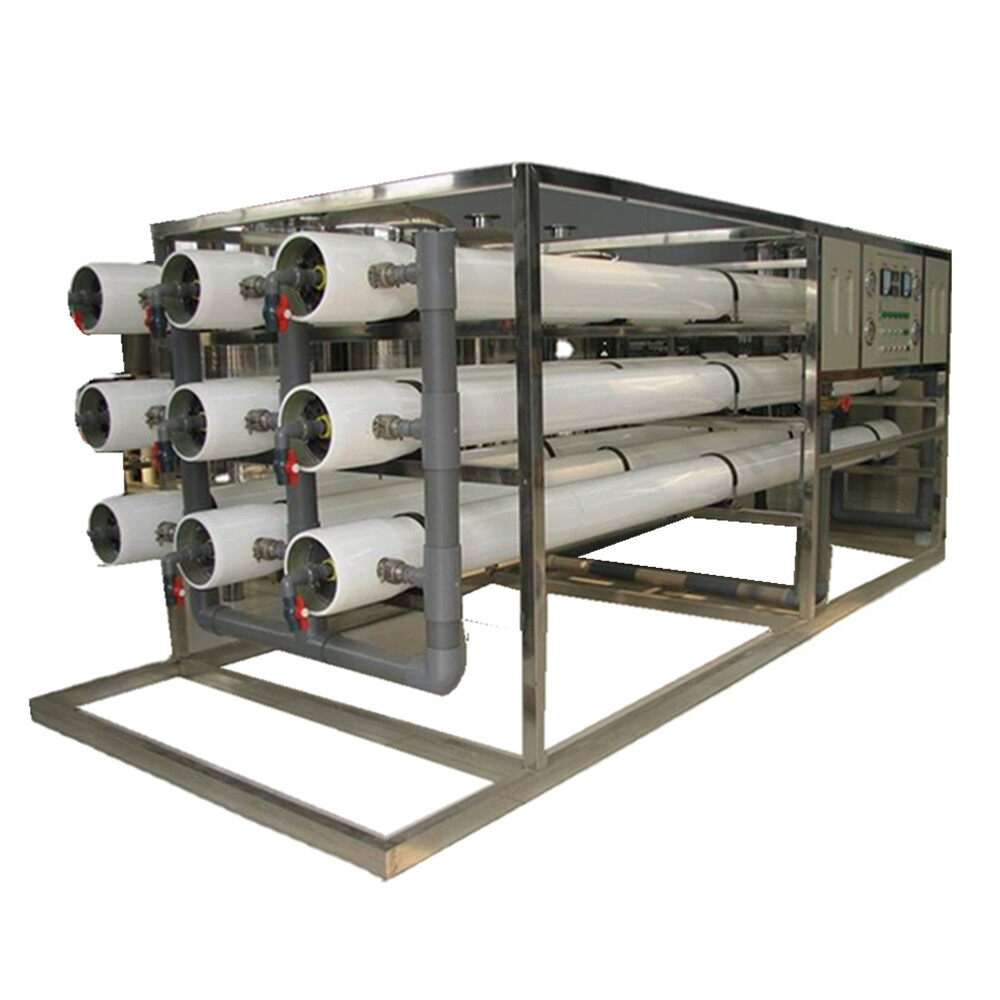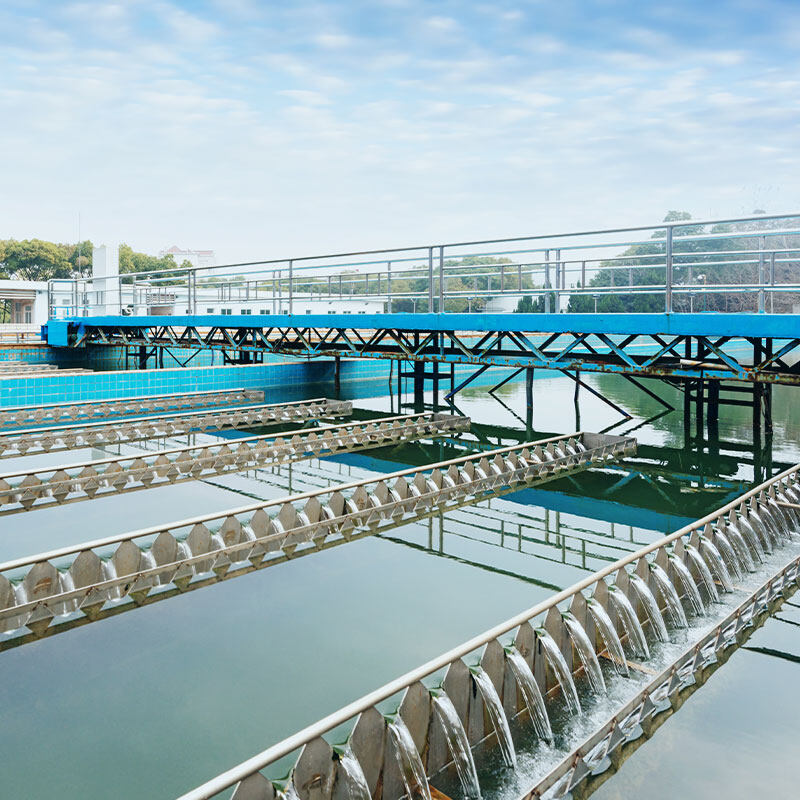Understanding Metallurgical Industry Wastewater: Challenges and Solutions
The metallurgical industry is one of the cornerstones of modern society.
It provides essential materials that power everything from infrastructure to consumer electronics.
However, along with the vast amounts of valuable outputs, the industry generates significant environmental challenges.
Among these challenges, wastewater stands out as a critical issue requiring urgent attention.
In this blog, we will explore the nature of metallurgical industry wastewater.
We will discuss the challenges it poses.
Additionally, we will examine how businesses are collaborating to find sustainable solutions.
As a manufacturer involved in the wholesale supply of wastewater treatment solutions, we aim to highlight key points.
Specifically, we want to emphasize how addressing this issue benefits both the industry and the environment.
What is Metallurgical Industry Wastewater?
Metallurgical industry wastewater refers to water contaminated by various metal production processes.
This includes water used for cooling.
It also includes water used for washing.
Rinsing activities contribute to this wastewater as well.
Furthermore, the disposal of certain chemicals used in production adds to the contamination.
The composition of this wastewater varies significantly depending on the metal being produced.
For example, steel, aluminum, and copper production each generate distinct wastewater profiles.
Common contaminants include heavy metals.
Oils are often present.
Chemicals and other pollutants are also typical components.
In simpler terms, wastewater is generated every time metal undergoes processing.
This occurs during melting.
It happens during refining.
Treatment stages also produce wastewater.
This water often carries harmful substances.
Examples include suspended solids.
Dissolved metals are another concern.
Acidic or alkaline pH levels are frequently observed.
Toxic substances like cyanide or fluoride may also be present.
The complexity of this wastewater makes treatment challenging.
Safe disposal is equally difficult.
Why Is Metallurgical Wastewater a Concern?
The disposal and treatment of metallurgical wastewater have become a global concern.
This is due to substantial environmental and health risks.
Let’s break it down:
Environmental Impact: Improperly treated wastewater can contaminate nearby water sources.
Rivers may become polluted.
Lakes and oceans are also at risk.
Such pollution disrupts ecosystems.
Aquatic life faces severe threats.
Health Risks: Polluted water can infiltrate human drinking supplies.
This leads to serious health problems.
Contaminants like heavy metals pose hazards.
Examples include lead, mercury, and cadmium.
These substances endanger both humans and animals.
Regulatory Compliance: Environmental regulations are becoming stricter globally.
Businesses in the metallurgical industry face mounting pressure.
They must comply with wastewater treatment standards.
Non-compliance risks fines.
Legal issues may arise.
Reputational damage is another consequence.
The Challenges of Metallurgical Industry Wastewater
Metallurgical wastewater is far from simple.
This complexity presents multiple challenges for companies.
Effective management and treatment require careful consideration.
Let’s examine these challenges:
Complex Composition: As mentioned earlier, wastewater composition varies by metal type.
For instance, steel manufacturing wastewater contains high iron levels.
Copper refining may involve acids or toxic chemicals.
Such variability complicates treatment system design.
A universal solution is impractical.
High Volume: The metallurgical industry operates on a large scale.
Significant water volumes are used in production steps.
Consequently, wastewater generation is immense.
Treating these volumes demands advanced technologies.
Substantial investment is also necessary.
Cost of Treatment: Treating metallurgical wastewater is expensive.
Hazardous substances escalate costs further.
Advanced filtration systems contribute to expenses.
Chemical treatments add financial burdens.
Biological treatments also require funding.
Companies struggle to balance cost-effectiveness with regulatory compliance.
Disposal Issues: Treated wastewater still requires safe disposal.
Some companies reuse water internally.
However, environmental discharge is sometimes unavoidable.
Both scenarios involve complexity.
Costs remain high either way.

How Can We Address These Challenges?
Given these environmental and economic challenges, action is imperative.
Fortunately, multiple strategies can mitigate these issues.
These range from technological solutions to innovative business practices.
Below, we explore actionable approaches.
1. Recycling and Reuse
Recycling and reuse represent highly sustainable wastewater management strategies.
Treating and purifying wastewater internally enables reuse.
For example, treated water can serve cooling or washing purposes.
This reduces freshwater demand.
It simultaneously decreases wastewater output.
Operational costs are also lowered.
A practical example: A steel plant filters heavy metals from wastewater.
The purified water is then reused for cooling.
This reduces environmental impact.
It also cuts operational expenses.
2. Advanced Wastewater Treatment Technologies
Advanced treatment methods are essential for complex contaminants.
Reverse osmosis has proven effective.
Ion exchange is another viable option.
Electrocoagulation also shows promise.
These technologies remove heavy metals and pollutants.
They help meet strict regulations.
Ecological footprints are minimized.
For instance, reverse osmosis filters dissolved metals.
Oils and salts are also removed.
The resulting water can be reused or safely discharged.
Electrocoagulation applies electrical currents to wastewater.
This causes particles to clump together.
Settling then removes these contaminants.
3. Zero Liquid Discharge (ZLD) Systems
Zero Liquid Discharge (ZLD) is an ambitious yet effective approach.
ZLD systems recover and reuse all plant water.
Liquid waste discharge is eliminated.
This minimizes environmental impact.
ZLD systems require substantial upfront investment.
However, long-term savings are achieved.
Water consumption decreases.
Disposal costs are reduced.
Additionally, ZLD enhances corporate sustainability profiles.
Eco-conscious consumers are attracted.
4. Collaboration with Wastewater Treatment Experts
Many companies lack in-house wastewater expertise.
Collaborating with specialists becomes crucial.
Experts design customized treatment solutions.
They help select appropriate technologies.
Process optimization is ensured.
Regulatory compliance is maintained.
Ongoing maintenance and support are provided.
This ensures sustained system effectiveness.
Business Opportunities in Wastewater Solutions
Growing demand for wastewater treatment creates opportunities.
Businesses in this sector can offer innovative solutions.
For metallurgical wastewater wholesalers, demand is rising.
High-quality, cost-effective systems are sought after.
Collaboration with metal producers is key.
Customized solutions reduce environmental impacts.
As wholesale suppliers, we provide access to cutting-edge technologies.
Expertise is shared for effective implementation.
This supports planetary health.
It aids regulatory compliance.
Operational efficiency improves concurrently.
Conclusion
The metallurgical industry remains vital for modern economies.
However, its wastewater poses environmental and health risks.
Proper management is non-negotiable.
New technologies must be adopted.
Sustainable practices require investment.
Expert collaboration is essential.
By taking these steps, the industry reduces its environmental footprint.
A cleaner, healthier planet becomes achievable.
As a wastewater treatment producer, we supply wholesale solutions.
These help companies overcome challenges.
Operational improvements are realized.
Ultimately, addressing wastewater transcends compliance.
It ensures a sustainable future for the industry.
The global community also benefits.
With the right approach, wastewater transforms from a problem to a resource.
A responsible, sustainable future lies within reach.


